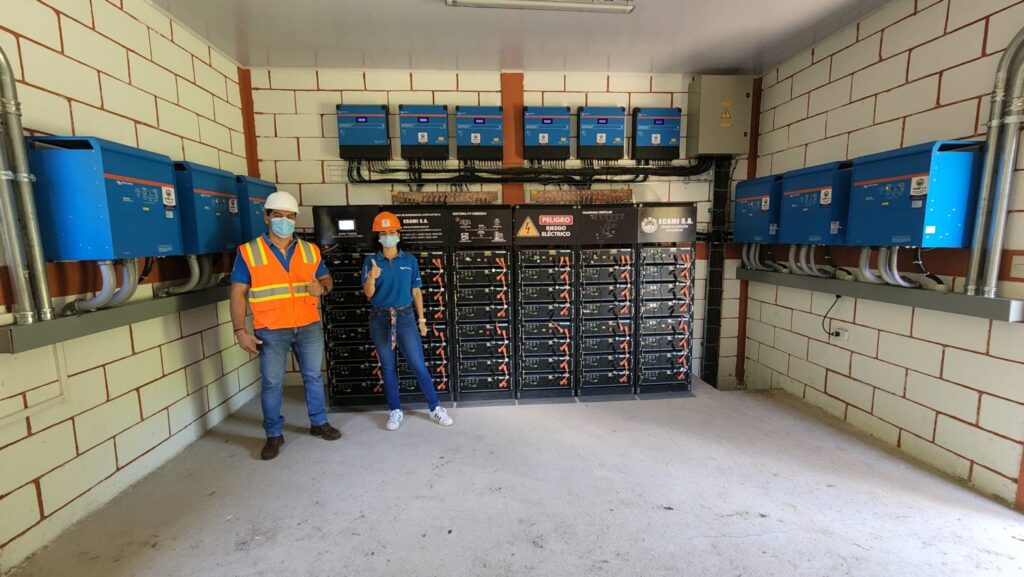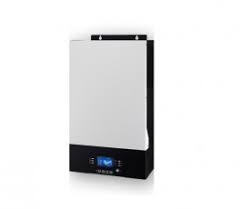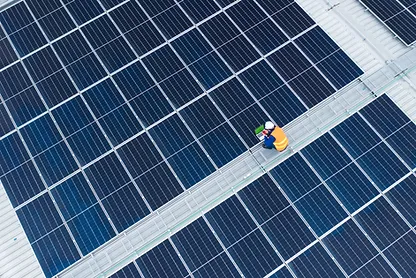7 Top Considerations When Purchasing a Solar System
When considering purchasing a solar system, it’s crucial to be well-informed about various factors that can impact your decision. With the growing solar industry, we have seen a number of “fly-by-night” or “cowboys” installers coming to play. This installers have little to no expertise in solar and leave end-users stranded in terms of need. Here are the top considerations to keep in mind before buying a solar system and ensure you are not being scammed:

1. Match Your Load with the Panel’s Power Rating
Calculate your total power consumption to determine the appropriate solar panel size needed to meet your energy requirements. This is to ensure that you utilize as little grid power as possible and be able to see saving on your electricity bill. Installing a solar system without panels will double your electricity bill, as the system must charge batteries for backup and power the house loads.
2. Consider the Panels’ Efficiency
Efficiency plays a significant role in determining the amount of electricity generated per square meter, affecting the number of panels required for your setup. As of the writing of this article Monocrystalline solar panels are the most efficient panels. Panel efficiency can be affected by the following external factors:
- Shading over the panel can reduce its performance by half
- A mixture of different rated panels connected together e.g. installing 555W panel with a 350W. ThThe 555W panel’s performance will decrease to match that of a 350W panel.
- Dirt and debris e.g. dust, leaves, etc.
- Roof orientation and angle of panel installation. Depending on where the installation is, North/South Hemisphere, the panels have to face towards the equator. Another option would be to install panels on both East and West sides of the roof/ground to maximize the early sunrise and late sunset generation.
3. Check for the Minimum Warranted Power
Each product in a solar system comes with a minimum warranted rating and period. Understanding these ratings is crucial to ensure you get the most out of these products. For example, the below images represent a premium range of inverters and a sort of entry inverter. This is the same for batteries and panels as well.

While most people are more concerned about pricing, there are some factors to be aware of such as warranty, quality, efficiency, failure rate, brand reputability.
With banks now offering financing solar system solutions, it give the end user more flexibility in terms of choosing quality over quick solution.

| Victron 5kW | Voltronic 5kW | |
| Warrant | 5 year warranty extendable to 10 years | 2 – 3year warranty non-extendable |
| Cost *indicative at time of post | *R20 100 (5 yr warranty) *R22 500 (10 yr warranty) | R9 500 |
| 1 inverter for 10 years | 3 – 5 inverters in 10 years = minimum R28 500 |
4. Quality and Brand Reputation
Taking into account the cost of these systems, it is always best to ensure that you have good quality equipment for your investment. Purchasing equipment for the pricing always has its down side, e.g. most inexpensive solar equipment tend to have a high failure rate, you are not able to monitor the system remotely and there is likely no local support should there be any issues. A safe bet is to go for reputable companies as they would like to protect their brand when it comes to site issues.
5. Location of the solar system is Crucial
Proper placement of solar panels is essential for maximizing sunlight exposure and energy production. Ensure panels are not shaded by buildings or trees and are aligned to receive optimal sunlight throughout the day. Some local insurance companies are now requiring solar systems to be installed in garages or outside for safety issues. This is due to the fact that if the system is not installed correctly, it can be come a fire hazard. It is best to consult your, insurance provider.
6. Understand the Expense and Financing Options
Be aware of the upfront costs associated with installing solar panels, which typically range from R20,000 to R200,000 depending on the site requirements. Explore financing options, tax rebates, and incentives available to make the investment more affordable.
7. Consider the Need for a Battery Backup
Evaluate whether adding a battery backup to your solar system is necessary based on your energy needs, location, and the availability of net metering. A battery backup can provide power during outages and maximize your solar energy usage. This is mostly for regions with an unstable grid.
Conclusion
Purchasing a solar system is a significant investment that requires careful consideration of various factors. By understanding the key considerations outlined above, you can make an informed decision that aligns with your energy needs, budget, and sustainability goals. Remember to research thoroughly, compare quotes from different providers, and choose a reputable solar company to ensure a successful transition to solar energy. Below is a list of certified solar installers.


Leave a Reply